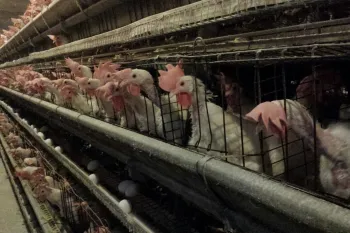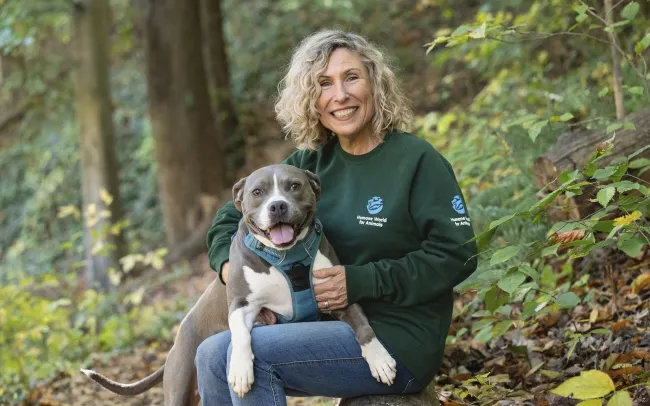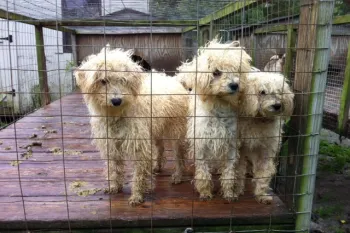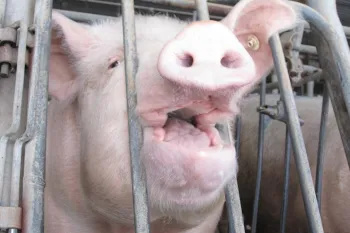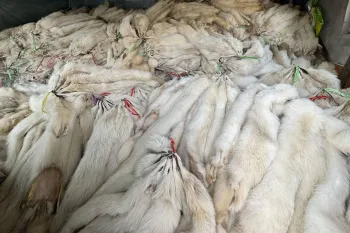It’s been over 35 days since the U.S. federal government shut down; many federal workers are still furloughed, and some employees continue to work without pay.
In this time period, the H5N1 virus, also known as avian influenza or bird flu, has run rampant, impacting dozens of farmed flocks and leading to more than 3.5 million turkeys, chickens and ducks being systematically killed in an attempt to contain the spread.
This rise in cases comes as wild birds carrying the virus migrate for the winter, and cruel confinement practices allow the virus to spread quickly in tightly packed barns. Scientists still aiming to track the virus told NPR they are concerned that with fewer resources to monitor and track bird flu because of the federal shutdown, the virus could spin out of control. This could lead to the gruesome mass killing of millions more birds, higher egg prices, and increased danger to public health.
We often discuss how the welfare of animals is so inextricably linked to the well-being of people, and when it comes to zoonotic disease and its spread, it becomes almost painfully clear that neglecting animal health and welfare is not only immoral but also imminently dangerous.
Now we are seeing that with over 35 days of a decreased federal monitoring of this dangerous national epidemic, which has been affecting American flocks since February 2022, animals and people are being put even more at risk.
The massive killing of birds who have avian flu involves nightmarish methods, the most common of which is ventilation shutdown; this involves locking animals inside a barn, turning off the ventilation systems and cranking up the heat. As the temperature rises and gases inside the building accumulate, the animals experience heat stress and suffocate to death. It’s similar to leaving a dog in a hot car.
Industrial animal agriculture has evolved over the decades into a recipe for disaster. Cramming thousands of animals together in intensive confinement systems, such as battery cages for egg-laying hens or gestation crates for pregnant pigs (where the animals can hardly move more than a few inches in any direction), means that the animals are stressed and more vulnerable to disease, including avian influenza. For these reasons, we have seen hundreds of independent veterinarians and public health advocates stand strongly in support of legislation that bans the use of intensive caging of animals on factory farms.
It is past time to reform our food systems. There’s no justification for the gross indifference to animal suffering and the risk to public health that intensive confinement causes. How many more epidemics—how many more pandemics—do we need to undergo before we recognize that the way we treat animals simply must change?
It may feel like we are all so entrenched in this dangerous and dysfunctional food system that there’s little anyone can do to change it. But the truth is that everyone has the power to take a stand on this issue: Let your elected officials know that you support laws that protect farmed animals, and learn how to support better farming practices through your buying power. If you buy animal products, learn about the farming conditions they come from before putting them in your shopping cart, or switch to delicious plant-based food options that are flooding the market. If you already have made the commitment to buy only plant-based food, help others in your life learn about why their food choices matter.
Kitty Block is president and CEO of Humane World for Animals. Follow Kitty Block on X. Sara Amundson is president of Humane World Action Fund.
